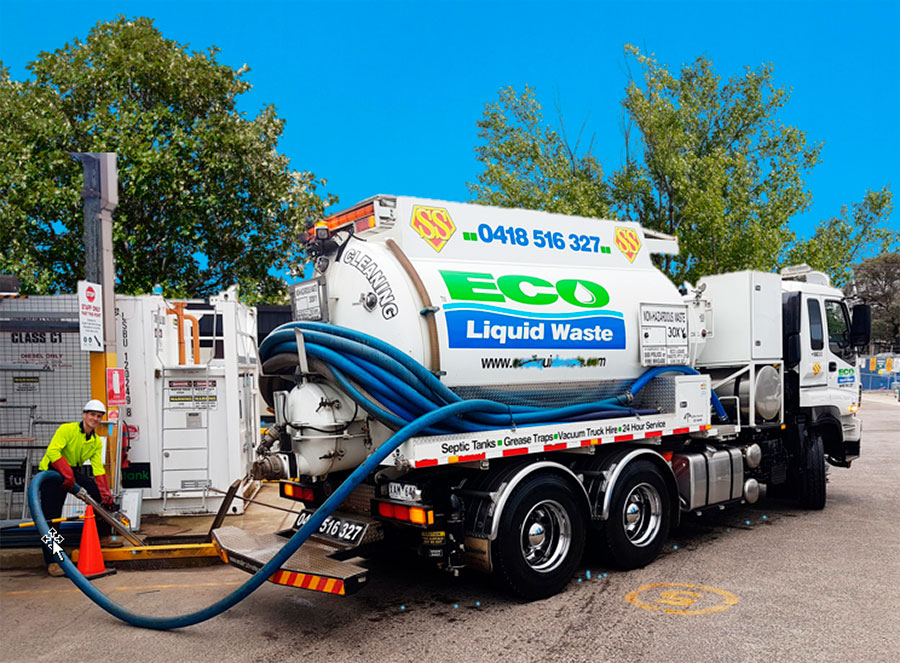Not known Facts About Reclaim Waste
Not known Facts About Reclaim Waste
Blog Article
The Ultimate Guide To Reclaim Waste
Table of ContentsThe 10-Minute Rule for Reclaim WasteThe Reclaim Waste DiariesThe Single Strategy To Use For Reclaim WasteExcitement About Reclaim WasteFascination About Reclaim Waste
Discover the types, events, and forms of fluid waste. Residential sewage waste refers to the waste and items from a property septic system. This kind of waste is produced by humans in houses, schools, and other structures. This only consists of septic systems that have a drain field. The appropriate monitoring and disposal of domestic sewage waste require liquid waste to be moved to a sewer therapy plant where the proper techniques and tools are related to purify and dispose of waste.
Business waste often consists of potential risks, such as flammable materials or a mix of fluid and strong waste products, and requires an advanced and comprehensive disposal procedure. The disposal of industrial waste typically entails the purification of waste before transport to guarantee secure and appropriate disposal. Hazardous waste is created from by-products and drainage of industrial procedures and production.
This sort of waste can not utilize the exact same sewage administration transport or processes as septic or commercial liquids. The industrial waste monitoring procedure needs the assessment and testing of fluid waste prior to it undergoes the disposal procedure (liquid waste disposal). Overflow waste is the fluid waste that originates from runoff and excess stormwater in extremely inhabited areas or cities
Runoff waste can cause contamination and flooding otherwise dealt with effectively. Find out more concerning drain cleaning and waste management. Guaranteeing appropriate waste management can stop disasters and reduce ecological damage. Both individuals in property settings and professionals in commercial or manufacturing markets can take advantage of understanding the processes and guidelines of fluid waste management.
An Unbiased View of Reclaim Waste
Contact PROS Providers today to learn more about our waste administration and disposal solutions and the appropriate ways to look after the fluid waste you produce.
(https://www.pageorama.com/?p=reclaimwaste1)
This supposed 'wastewater' is not just an essential resource however, after therapy, will certainly be launched to our land, waterways or the ocean. Utilized water from bathrooms, showers, bathrooms, cooking area sinks, laundries and industrial procedures is known as wastewater.

water used to cool equipment or tidy plant and tools). Stormwater, a type of wastewater, is runoff that flows from agricultural and metropolitan areas such as roofings, parks, yards, roads, courses and seamless gutters right into stormwater drains pipes, after rain. Stormwater moves unattended directly to regional creeks or rivers, eventually getting to the ocean.
The Only Guide for Reclaim Waste
In Queensland, a lot of wastewater is treated at sewage therapy plants. Wastewater is carried from domestic or commercial sites with a system of sewers and pump stations, recognized as sewerage reticulation, to a sewage treatment plant.
The Division of Natural Resources recommends neighborhood governments regarding managing, operating and keeping sewerage systems and treatment plants. In unsewered areas, city governments might call for owners to mount individual or family sewage treatment systems to treat residential wastewater from toilets, kitchens, bathrooms and laundries. The Division of Natural Resources authorizes using house systems when they are proven to be effective.
Many stormwater gets no treatment. In some new neighborhoods, therapy of some stormwater to remove clutter, sand and gravel has started making use of gross pollutant traps. Wastewater treatment occurs in four phases: Removes solid issue. Larger solids, such as plastics and other objects mistakenly discharged to drains, are eliminated when wastewater is passed with displays.
Wastewater then moves into huge storage tanks where solids work out and are gotten rid of as sludge. Grease and residue are skimmed from the surface area. Makes use of small living microorganisms understands as micro-organisms to damage down and get rid of remaining dissolved wastes and great fragments. Micro-organisms and wastes are incorporated in the sludge. Removes nitrogen and phosphorus nutrients that can create algal blossoms in our rivers and threaten marine life.
The 5-Minute Rule for Reclaim Waste
Nutrient elimination is not readily available at all sewer treatment plants because it requires expensive specialist tools. Clear fluid effluent created after therapy might still consist of disease-causing micro-organisms - liquid waste disposal melbourne.

This generally suggests wastewater needs to be treated or pollutants gotten rid of prior to it can be discharged to waterways. Many wastewater moves right into the sewerage system. Under the Act, city governments administer authorizations and permits for ecologically pertinent activities (Ages) involving wastewater launches that could have a regional influence. The department carries out authorizations and permits to Ages entailing wastewater releases that might have a regional or statewide effect.
Reclaim Waste Fundamentals Explained
Otherwise, examples are taken for laboratory analysis. Often lots of tests are needed to develop the degrees of each of the different pollutants such as oils, hefty metals and pesticides in water. Surveillance provides valid info regarding water quality and can confirm that licence conditions are being met. The info acquired through tracking provides the basis for making water quality choices.
Report this page